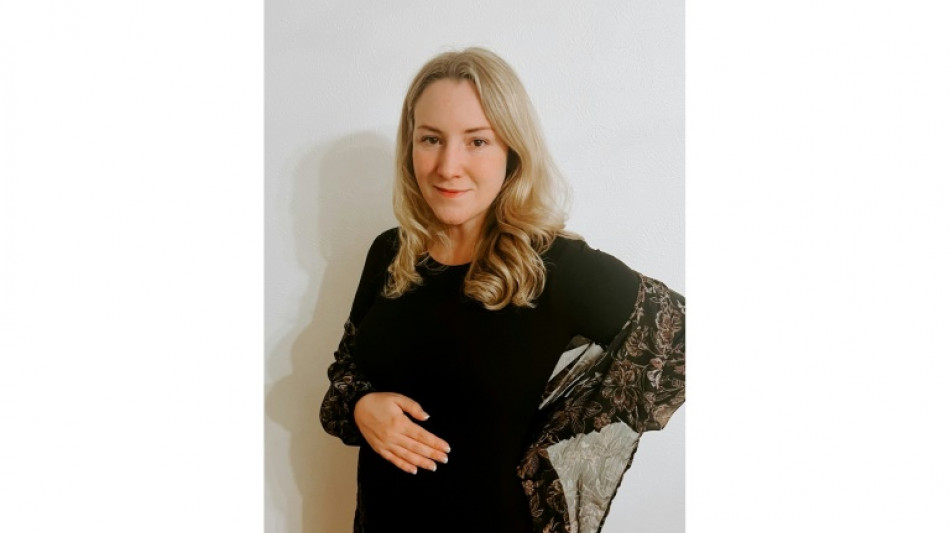

Texas Supreme Court rules against woman's abortion after she leaves state
The Texas Supreme Court on Monday overruled an emergency order allowing a woman to terminate her risky pregnancy, in a decision issued hours after her lawyers said she had left the state to get an abortion.
Kate Cox, a 31-year-old mother of two from Dallas, is more than 20 weeks pregnant with a fetus with a rare genetic defect, full trisomy 18, which means it will likely die before birth or at most live a few days.
Doctors say failure to terminate the pregnancy could cause a rupture to Cox's uterus, threatening her future fertility and her life. She sued Texas last week and initially won the right to an abortion by a judge in Travis County.
But the state's Attorney General Ken Paxton quickly appealed to the Texas Supreme Court, which blocked the lower court's order. Paxton also threatened to prosecute any doctor carrying out the abortion.
"This past week of legal limbo has been hellish for Kate," said Nancy Northup, president and CEO at the Center for Reproductive Rights, which filed the case on behalf of Cox, her husband and physician.
"Her health is on the line. She's been in and out of the emergency room and she couldn't wait any longer. This is why judges and politicians should not be making healthcare decisions for pregnant people -- they are not doctors."
After Cox had left Texas, the Texas Supreme Court issued an order siding with the government and overturning the lower court's decision.
- Near total ban -
The US Supreme Court overturned the constitutional right to abortion in June 2022.
A Texas state "trigger" ban went into immediate effect, prohibiting abortions even in cases of rape or incest. Texas also has a law that allows private citizens to sue anyone who performs or aids an abortion.
Texas physicians found guilty of providing abortions face up to 99 years in prison, fines of up to $100,000 and the revocation of their medical license.
While the state does allow abortions in cases where the mother's life is in danger, physicians have said that in practice the wording is vague and unclear, leaving them open to legal consequences for exercising their medical judgment.
Though the Texas Supreme Court blocked the lower court's ruling permitting an emergency abortion, the judges indicated they did not feel it was a matter the judiciary should wade into.
"Our ruling today does not block a life-saving abortion in this very case if a physician determines that one is needed under the appropriate legal standard, using reasonable medical judgment," they said. "If Ms. Cox's circumstances are, or have become, those that satisfy the statutory exception, no court order is needed."
"The Texas Medical Board, however, can do more to provide guidance in response to any confusion that currently prevails," the order said.
- 'Death sentence' -
Reacting to the news Cox had left Texas, Representative Greg Landsman, a Democrat from Ohio, said: "People will die because of these extreme abortion bans. Everyone deserves access to reproductive care."
"Kate's case has shown the world that abortion bans are dangerous for pregnant people, and exceptions don't work," added Northup.
"She desperately wanted to be able to get care where she lives and recover at home surrounded by family. While Kate had the ability to leave the state, most people do not, and a situation like this could be a death sentence."
The Center said it believed Cox's case was the first in which a woman petitioned a court for an abortion since Roe v. Wade was decided in 1973.
On Friday, a Kentucky woman who identified herself by the pseudonym Jane Doe and who is eight weeks pregnant also filed a lawsuit challenging her state's abortion bans.
The suit is filed on behalf of Doe and others in similar situations, and argues "pregnant Kentuckians have the right to determine their own futures and make private decisions about their lives and relations."
E.Colombo--IM




